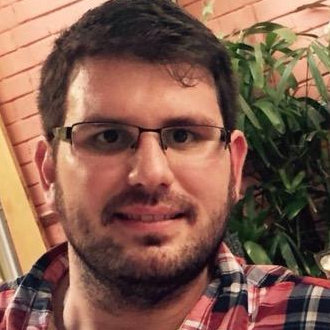
Covid-19 has brought our lives to a halt, and it is “infecting” everything. It seems, once again, that the attention paid to the problems arising from the pandemic has not been attentive enough to the needs of adolescents.
Transiting from childhood to youth and then adulthood are steps that, very often, are ignored.
Adolescence is a wonderful, booming and complex stage in life, often full of contradictions, experiences and adventures that make up a person’s character as no other moment in life.
However, very often, when dealing with the needs of minors, we often generally refer to the concept of “childhood”. Unfortunately, in doing so, this vital stage of adolescence in transition is not sufficiently present; but it may well deserve a differentiated perspective, or at least it should be dealt with the same attention.
Covid-19 has brought our lives to a halt, and it is “infecting” everything. This obviously also affects the rights of the child. It seems, once again, that the attention paid to the problems arising from the pandemic has not been attentive enough to the needs of adolescents.
There are many examples of this: I’m sure we all remember how, during the easing of the lockdown measures in May, children under the age of 14 benefited from some measures that were not available for adolescents. In summer, adolescents (and youths) were criminalized and blamed for being responsible for the increase in infections (and this is something that hasn’t been fully proven). And now, with the second wave, some of the measures adopted have a direct impact on the lives of adolescents (sports, leisure, time restrictions…).
In 2019 we celebrated the 30th anniversary of the Convention on the Rights of the Child. One year later, in 2020, we commemorate this day having to live with a pandemic, a situation that hadn’t happened in one hundred years. This is the first time that this Convention is submitted to such a circumstance. In our analysis on how this situation is affecting their rights, we cannot afford reaching the conclusion that we have left adolescents behind.
Organisations working with childhood and adolescence have, are and will continue to be focused on guaranteeing and exercising the rights of the child, but we can never forget the need to have a special and differentiated lens on the needs of those who are on this wonderful journey transitioning from childhood to youth, and who may seem to be in no man’s land.
We are not asking to change terminology nor references. But we do need to act with determination and efficacy, and consider the whole range included under the concept of “minors”.
And we share these reflexions during these days and weeks where, as has been said, leisure educational activities have once again been suspended. Scouting and leisure activity centres are again “confined”. We understand the message and the situation: it is necessary to reduce face-to-face interaction among people and prioritize schools; but it is also important to see that leisure activities are safe and, more than that, necessary; even more so when thinking about adolescents!



Add new comment